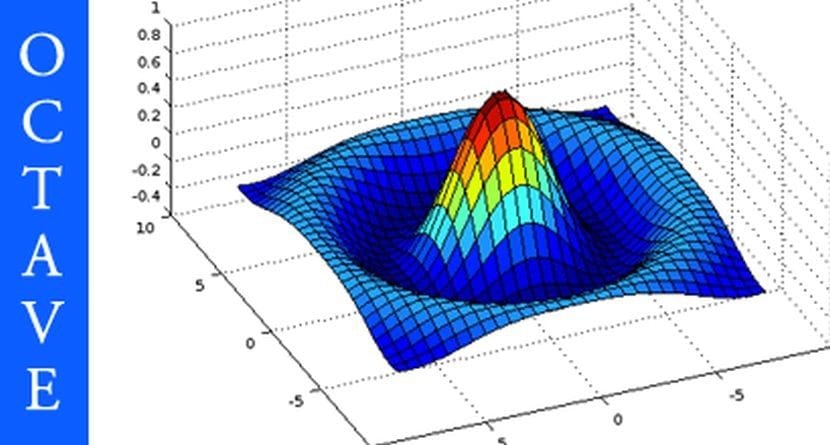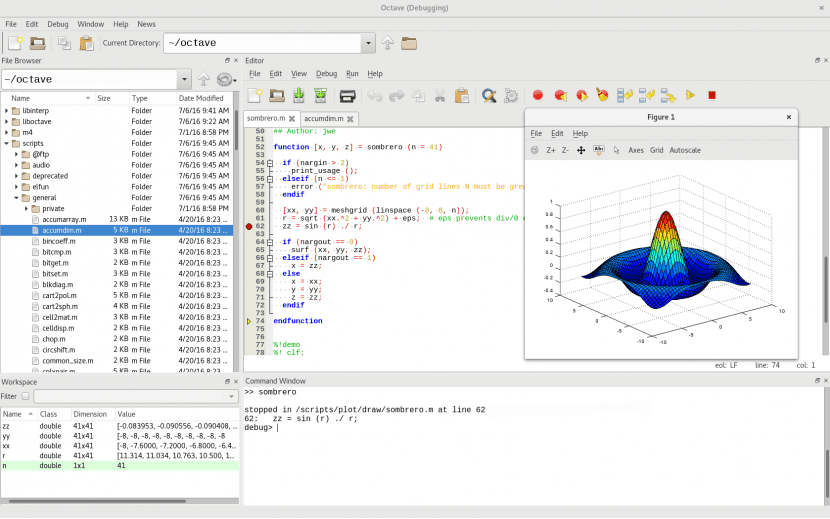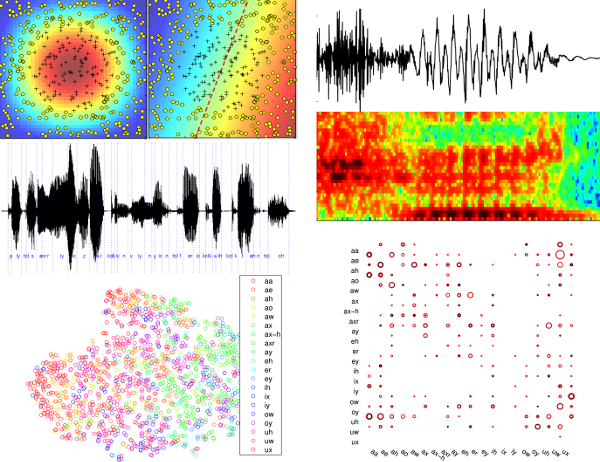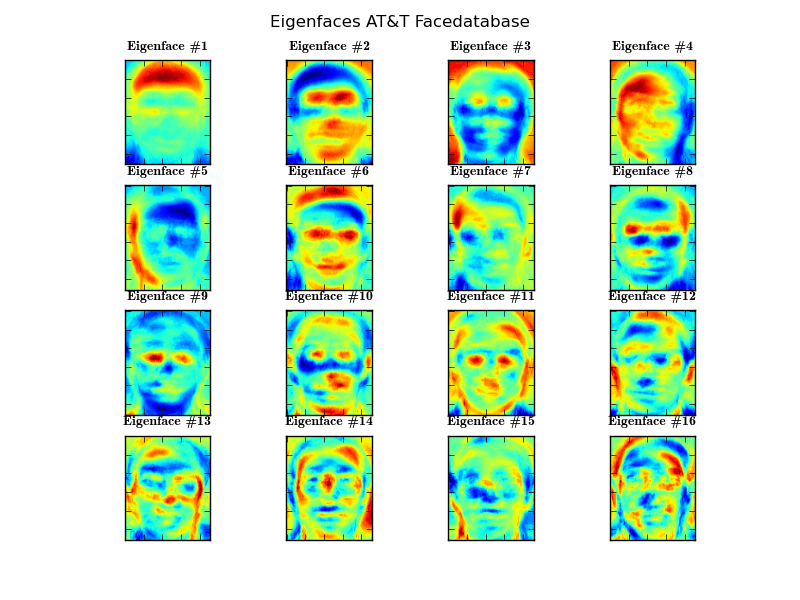
Inside the great world of interpreted languages, there is a small niche occupied by languages dedicated to mathematical processing through computers. This may sound a bit abstract to you, but if we talk about programs like the famous Derive, Mathematica or Matlab, you may already have a clearer idea of what we mean in mind.
Octave a program along these lines, which offers us great potential with the freedom provided by the GNU code. Its more direct equivalent can be considered the well-known Matlab (with whom it also seeks full compatibility), since both are high-level languages interpreted with a large number of functions dedicated to the numerical analysis.

Octave originated around 1988 as a support program for a textbook on calculation of chemical reactions. The subsequent needs of the subject meant that the program had to gradually expand in its functionality to what we know today of it, a high-level programming environment dedicated mainly to numerical calculation.
Octave's features make it a program conducive to academic teaching since its structure and syntax will remind us of other programming languages such as C and C ++. In this way, if you do not know a previous language, all the time spent learning Octave's grammar and functions will not fall on deaf ears.
Octave also provides a console interface that, since its version 4.0.1 has been improved with the inclusion of a new one from graphic type, allowing the resolution of linear and non-linear mathematical problems, carrying out experiments by calculating variables and the possibility of carrying out large batch processing jobs.
Although with a multiple purpose, Octave has been used mainly as a system for solving problems in algebra, differential equations, integrals, polynomial transformations and so on, thanks to its extensibility through programmable modules in other high-level languages such as Fortran, C, C ++ and Pyhton among others.
The purpose of the applications that Octave has is very varied. The Internet abounds with examples of applications for facial recognition, sound wave processing, or advanced function calculation, all performed with this program. It is therefore difficult to find a single purpose for an application that itself represents a development environment. Knowing its strengths we can know about which applications to be able to program with this tool. Now it is up to each programmer to make the most of each of its functions.
As we have previously indicated, Octave is a GNU free program that is available for a multitude of platforms from your own web page. You can also get involved in the project from there or get help from its dedicated forum.


I already know him. And I use it regularly together with Maxima and Scilab